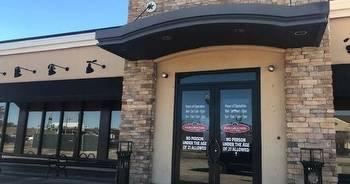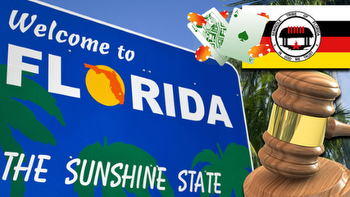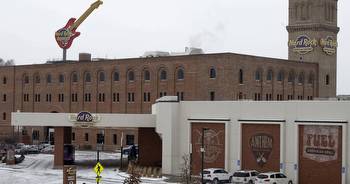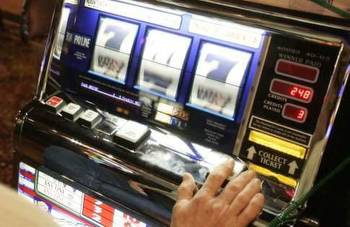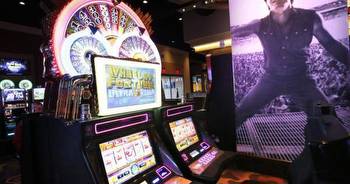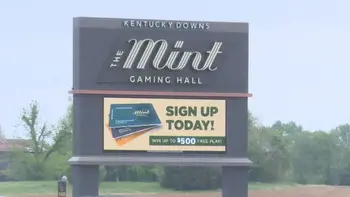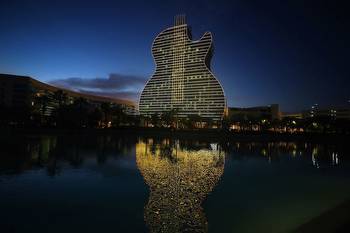Vendor says software fix will keep slot-like games legal in Kentucky

LOUISVILLE, Ky. (WDRB) – The company that makes the system in use at three of Kentucky’s five gaming venues says it will soon roll out a software change to ensure the slot-like machines remain legal even under the stricter standard imposed last week by the state Supreme Court.
Boynton Beach, Florida-based Exacta Systems, which makes game systems in use at Ellis Park, Kentucky Downs and the Red Mile, said in a news release Friday that its modified system will soon be presented to the Kentucky Horse Racing Commission for approval.
“For the better part of the year, we have been working on an alternate solution just as a contingency,” said Patrick Neely, chief development officer of Exacta Systems, in an interview with WDRB.
He said the company is “confident” its new system complies with the court decision.
The Kentucky Supreme Court upended the state’s $2 billion gaming industry last week with a surprise decision that implies the state’s decade-old “historical horse racing” industry is illegal.
Casino gambling is constitutionally prohibited in Kentucky, but horse racetracks have deployed thousands of games that look and feel like slot machines. Called “historical horse racing,” the results of the slot spins are determined by old horse races invisible to the bettor.
The court found Exacta’s gaming system does not fit within the state’s definition of “pari-mutuel wagering,” overturning a lower court’s 2018 ruling.
While the court clarified what’s considered pari-mutuel wagering in Kentucky, it did not order any of the venues to stop operating.
The court sided with the conservative Family Foundation of Kentucky in finding that pari-mutuel wagering requires that people sitting at the machines are betting “on the same discrete, finite events.”
And only the players can fund the pool from which payouts are generated, not the racetrack venues, which today provide the “initial seed pool” to get the games going, the court found.
Neely said Exacta Systems’ software change will address both issues, but he declined to elaborate on the technical details.
He also declined to discuss whether patrons putting money into the machines would notice the difference.
The decade-old case that made its way to the Supreme Court dealt only with the Exacta Systems product, but the court’s narrower definition of legal wagering is believed to affect all the state’s historical racing venues (five of which are open, with two in the works and another planned down the road).
Churchill Downs, owner of Louisville’s Derby City Gaming, uses a different vendor for its games, Ainsworth Gaming Technology.
“We will work within our legal rights and in coordination with Kentucky legislators to ensure the ongoing legal operation of our (gaming) facilities in Kentucky,” Churchill Downs said in a statement last week.
Martin Cothran, the Family Foundation's director, said Exacta Systems' promise of a quick fix raises questions.
"What we want to know is why the industry went through years of litigation and millions of dollars in legal fees if fixing the machines was as easy as they now say it is?" he said.










